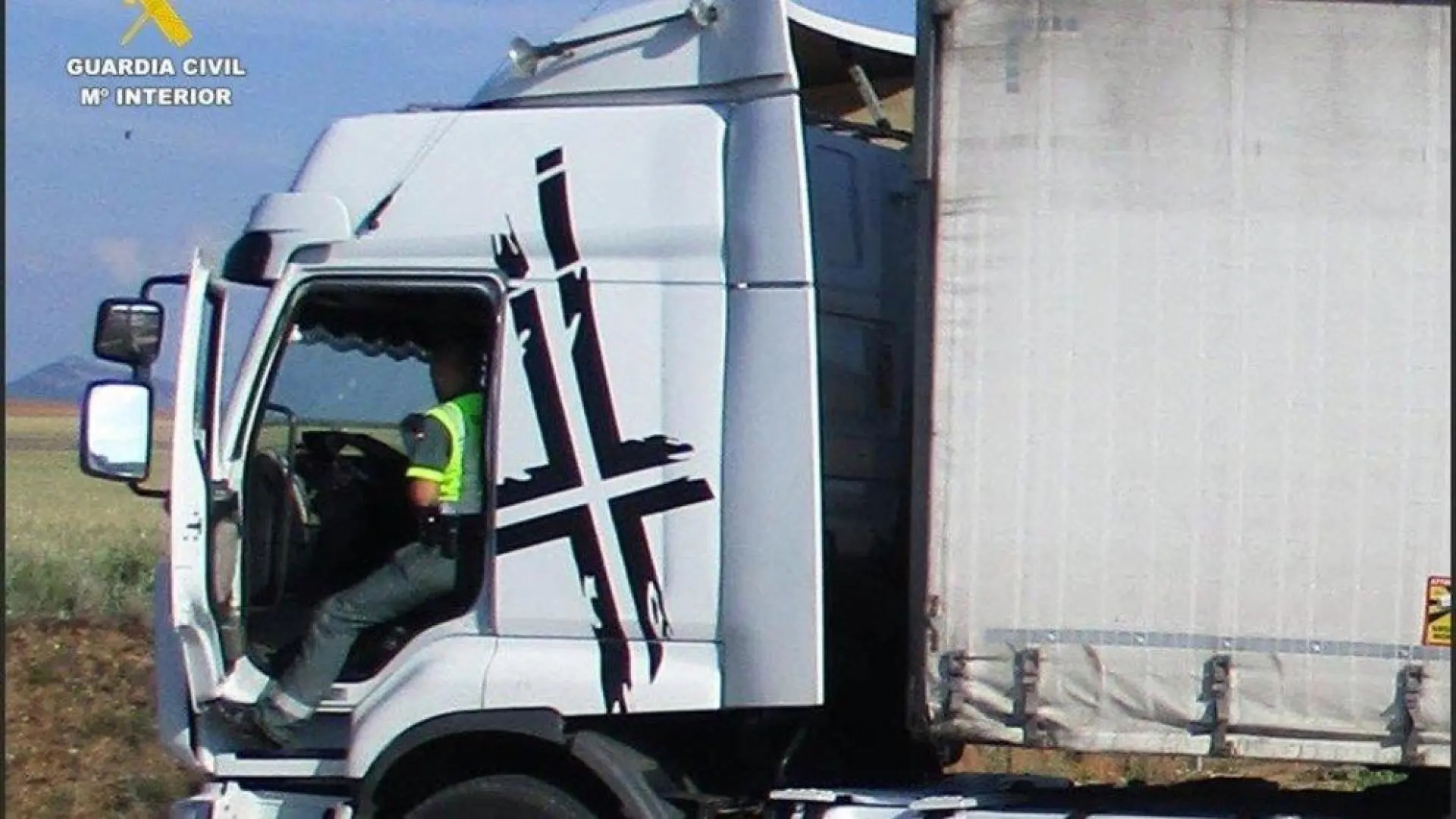Brands unveil affordable electric cars in Munich but warn they won't meet CO2 limits.

"In Europe, there are no customers willing to pay more than €40,000 for a car," said Jean-Philippe Imparato, Stellantis' European Chief Operating Officer, at the Munich Motor Show, an annual automotive industry gathering dedicated to presenting short- and medium-term developments.
The German events—Munich and Frankfurt alternate—are held alternately with the French events in Paris. If this latest edition demonstrates anything, it's that the European automotive sector has found a common voice to confront the many threats facing it, and that investment in physical exhibitions has returned, after the recent events in the French capital showed they were losing ground to Chinese manufacturers.
These brands have consistently maintained a significant presence in Munich. In fact, these brands have become a fixture at auto shows, both from manufacturers such as BYD, Xpeng, Leapmotor, Seres, and GAC; and from their supporting industries, including battery and component companies, as well as associations responsible for building commercial bridges between the two political blocs.
China, thanks to becoming the world's largest automotive industry, is one of the countries with the largest presence at the German event, but it was the domestic brands that stood out and invested heavily to steal the show. The Volkswagen Group, BMW, and Mercedes-Benz, the leading European car manufacturers, took advantage of the occasion to unveil electric models ready to capture market share in the Old Continent, especially with affordable models and ranges generous enough to compete with their Asian rivals.
However, one of the most striking elements of Munich was the unified message from the brands: Germans, French, Spanish, and Czechs all stated that one of the important factors was having the political support of the European Commission.
"The main problem is that we have many crises at the same time," said Volkswagen Group CEO Oliver Blume. These include competition from China—one of the most important markets for German manufacturers—tariffs on the US, and a restructuring cost for its operations in Germany that predicts the layoff of more than 30,000 workers.
According to Imparato, "the 2035 emissions targets [when the combustion engine ban is planned] are unattainable. They were imposed when the share of electric vehicles in 2025 was expected to be 30%, but today it has not been achieved." The objective for the Franco-Italian group, the second largest in Europe, is no longer to sell as many electric vehicles as possible, but rather to focus on several propulsion technologies that will keep it current and profitable. "We are being very sensible with how we allocate capital," the executive noted.
The European industry is scheduled to meet with the European Commission on September 12, and a moratorium on the CO2 limits manufacturers must meet is expected to be proposed, according to Oliver Blume during a panel discussion at the trade show.
This is one of the critical factors for keeping the sector safe, according to the brands that are opening. The next step, according to Imparato, is to change the legislation so that A-segment models don't have to bear such a severe burden as the current one in terms of outlays.
ABC.es





